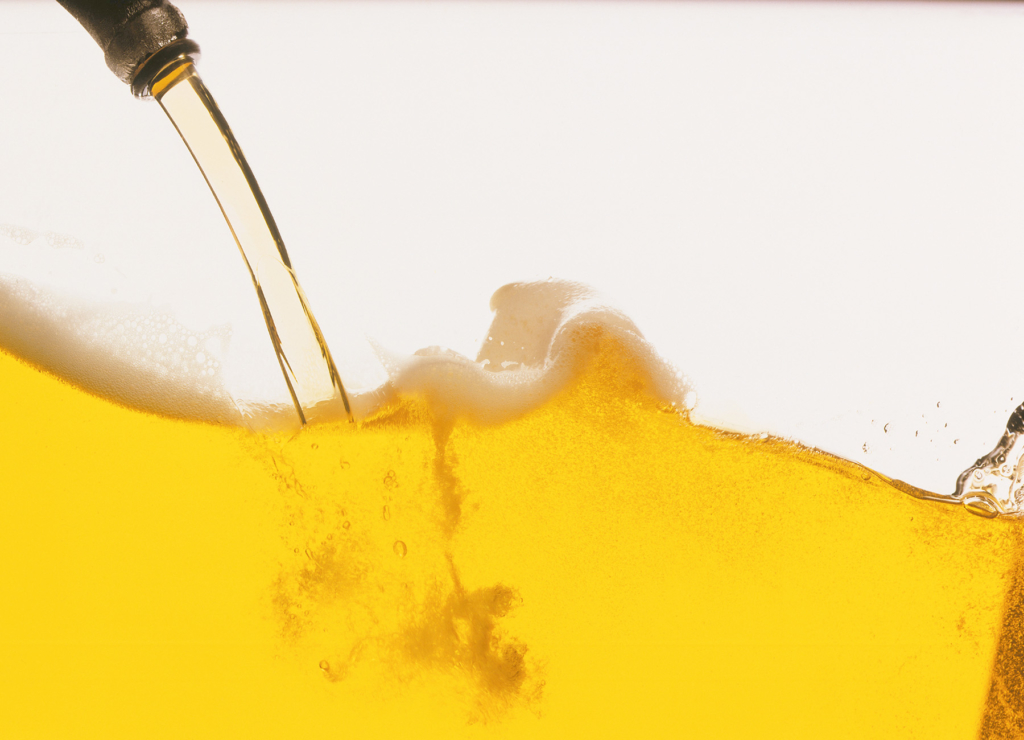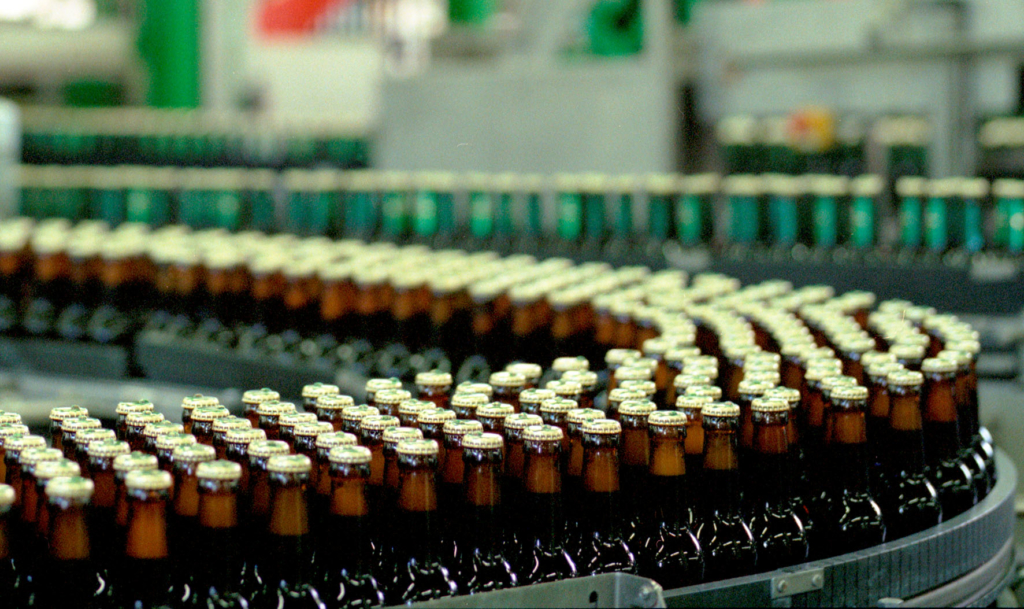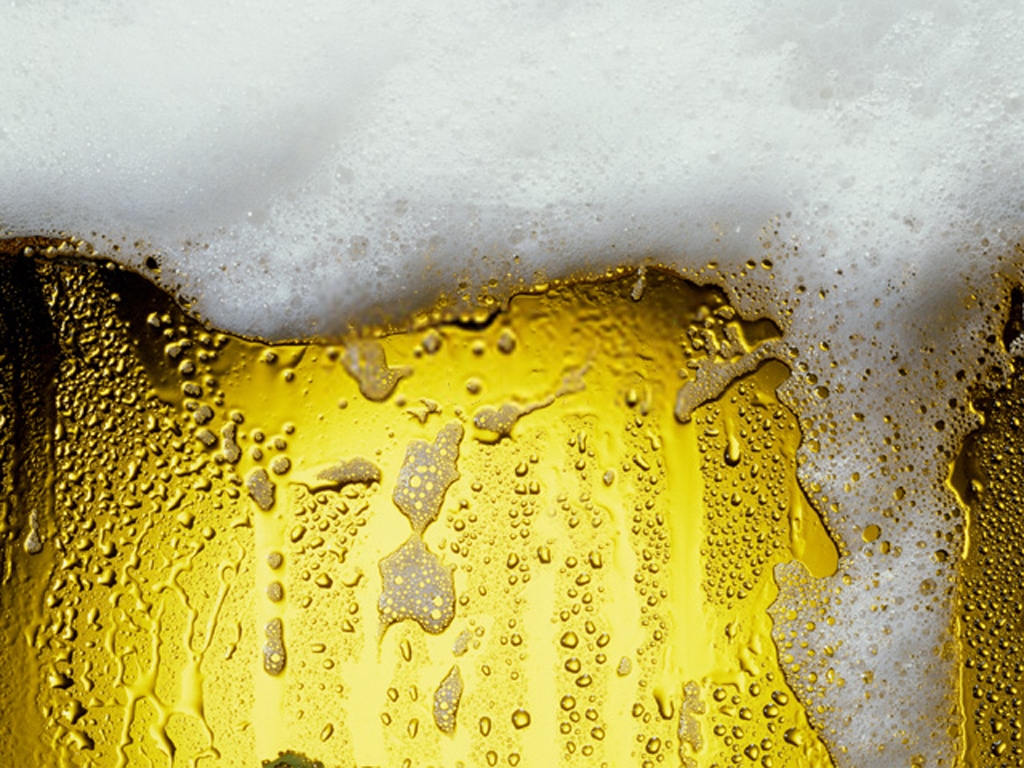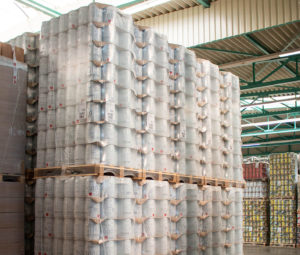The current carbon dioxide shortage is endangering the production of many small and medium-sized breweries in particular. How could this come about? What are the consequences of the situation for affected companies? What are the short-term and long-term solutions? We answer the most important questions about the current topic.
1. Why is carbon dioxide currently in short supply?
Due to the rise in energy prices, European fertilizer production was significantly reduced. Numerous plants have significantly reduced or completely shut down their production. Since less fertilizer is being produced, there is a shortage of carbonic acid or carbon dioxide (CO2), which is a by-product of ammonia production. More than half of the carbonic acid market is based on what is known as ammonia synthesis, i.e. fertilizer production. The food industry relies on CO2 for production and packaging processes. However, only 30 to 40 percent of the usual supply quantities are currently available on the market, estimates the umbrella organization BVE (German Federation of the Food Industry).
2. What role does carbonic acid play in beverage production?

In many non-alcoholic beverages such as mineral water or soda pop, carbonic acid is used for carbonation. This means that it is added – or more precisely, injected under high pressure – to make the beverage sparkle. This is not necessary with beer, because carbonic acid is produced during brewing and then remains in the beer, making it sparkle. Nevertheless, breweries also depend on carbonic acid. They need it as an additive to “precharge” tanks, kegs and bottles. This means that the carbonic acid displaces the air so that the beer does not come into contact with it during bottling and foaming is prevented. It also preserves the flavor of the beer longer and more intensively and increases its shelf life.
Shortage of carbon dioxide mainly affects small and medium-sized breweries
3. What are the consequences of the carbon dioxide shortage for breweries and beverage producers?
At many breweries, the carbon dioxide tanks are getting emptier and emptier. The first breweries have already had to stop part of their production in recent weeks. This primarily affects the production of mineral water and lemonade. But the first restrictions are also being imposed on beer. According to Georg Schneider, President of the Bavarian Brewers’ Association, even if they are currently struggling to maintain production of their main types, it cannot be ruled out that breweries will partially stop producing certain specialty beers in the coming months due to insufficient carbon dioxide supplies.
4. Who is affected the most?
The carbon dioxide shortage does not affect all breweries equally. This is because the large companies in particular are largely self-sufficient thanks to recovery plants that capture and process the CO2 produced during fermentation. Small and medium-sized breweries are therefore particularly affected by the current carbon dioxide shortage. Most of them cannot afford such plants and therefore have to buy in all their CO2. Many of them are currently scrambling from week to week with their residual CO2 stocks or carbon dioxide available at short notice, and in some cases production has even come to a standstill in the meantime. Holger Eichele, Managing Director of the German Brewers’ Association, calls the development extremely worrying.
DBB creates new online platform for CO2 exchange
5. Where can affected breweries find help?
A few weeks ago, the German Brewers Association launched the online platform https://co2-plattform.de to support companies in the beverage industry. Its purpose in the current crisis is to simplify the exchange between manufacturing companies that need or offer CO2. The free service offer is open to all companies from the beverage industry, regardless of association memberships and manufactured products. “With the new online platform, we want to create a contact opportunity for the industry in the short term and enable aid for self-help in the current crisis,” says Holger Eichele, general manager of the German Brewers Association (DBB) in Berlin. In the current shortage situation, more and more companies from the brewing industry and other sectors of the beverage industry are urgently looking for available carbon dioxide, while other companies have surpluses from their own production or unused quantities in stock.
6. How to substitute carbon dioxide?

In principle, “pressurizing”, i.e. displacing the air, also works with other gases, such as nitrogen. Since necessity is the mother of invention, the shortage of carbon dioxide has already prompted some smaller breweries to carry out corresponding test runs. One brewery that is already successfully using nitrogen as a substitute gas is Storchenbräu from Pfaffenhofen in the Allgäu region. Brewery boss Hans Roth has found an uncomplicated solution for this by temporarily connecting a battery of nitrogen cylinders to the bottling line via hoses. Although this slows things down somewhat – to about 80 percent of the conventional level with CO2 – the quality is right and production can be maintained. Hans Roth demonstrates exactly how this nitrogen replacement operation works at Storchenbräu in a video on Instagram.
CO2 recovery soon viable even for smaller breweries?
7. What are the long-term solutions?
Image source: German Brewers Association



